The door to America's heart has been slammed shut, at least for now. The Trump administration has set the lowest-ever cap on refugee admissions to the United States, a move that has left thousands of families in limbo and sparked outrage among humanitarian groups. The cap, set at 7,500 for the current fiscal year, is a drastic reduction from previous years and marks a new low in the country's refugee resettlement program, which was established in 1980.
The decision to drastically cut the number of refugees allowed into the country has been met with widespread criticism, with many accusing the administration of prioritizing politics over people. The move is seen as a continuation of the administration's hardline stance on immigration, which has been a hallmark of its policies.
At the center of this story are families like Shayma's, a young Afghan refugee who was scheduled to fly to the United States in February, before the Trump administration suspended most refugee admissions. Shayma's family had been waiting for months, hoping to start a new life in America, but now their future is uncertain.
The administration's decision to prioritize Afrikaners from South Africa, who are largely white, has also raised eyebrows. The notification in the Federal Register filed on Thursday states that the U.S. will primarily admit "other victims of illegal or unjust discrimination in their respective homelands," but critics argue that this is a thinly veiled attempt to prioritize white South Africans over other refugees.
The administration has largely paused the U.S. refugee resettlement program so far this year, with the exception of a streamlined process of resettlement for white South Africans. Several hundred from the group have been resettled, but the vast majority of refugees have been left in limbo.
"This is a devastating blow to the refugee community," said Krish O'Mara Vignarajah, president and CEO of the Lutheran Immigration and Refugee Service. "The administration's decision to cap refugee admissions at 7,500 is a betrayal of America's values and a rejection of our moral obligation to protect the most vulnerable."
The impact of this decision will be felt far beyond the refugee community. The U.S. has long been a leader in refugee resettlement, and the reduction in admissions will have a ripple effect on the country's economy and social fabric.
"This decision will not only harm refugees, but it will also harm American communities that rely on refugee resettlement," said Mark Hetfield, president and CEO of HIAS, a Jewish humanitarian organization. "Refugees bring skills, talent, and diversity to our country, and they contribute to our economy and society in countless ways."
As the country looks to the future, it's clear that the Trump administration's decision to cap refugee admissions will have far-reaching consequences. The question is, what's next for America's refugee program?
In the meantime, families like Shayma's will continue to wait, hoping against hope that their dreams of a new life in America will one day come true. But for now, the door to America's heart remains shut, and the future looks uncertain.


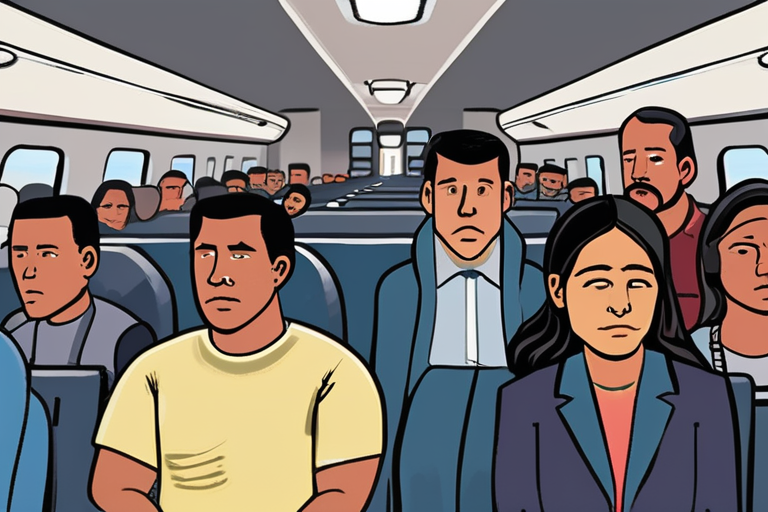
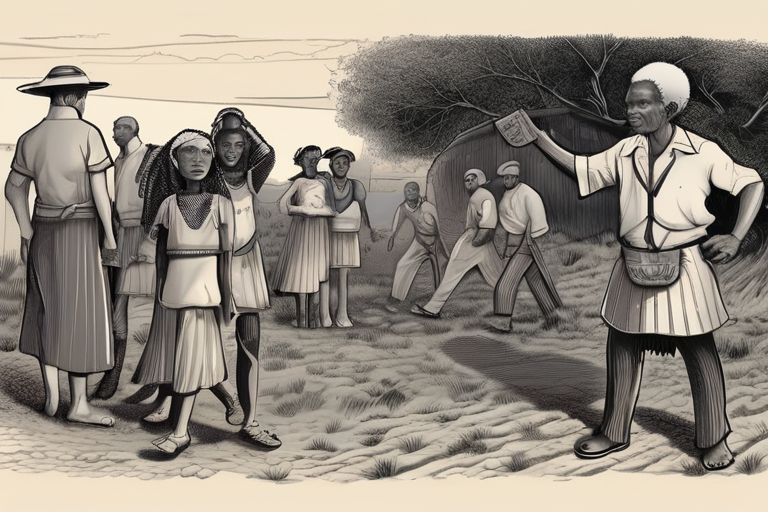

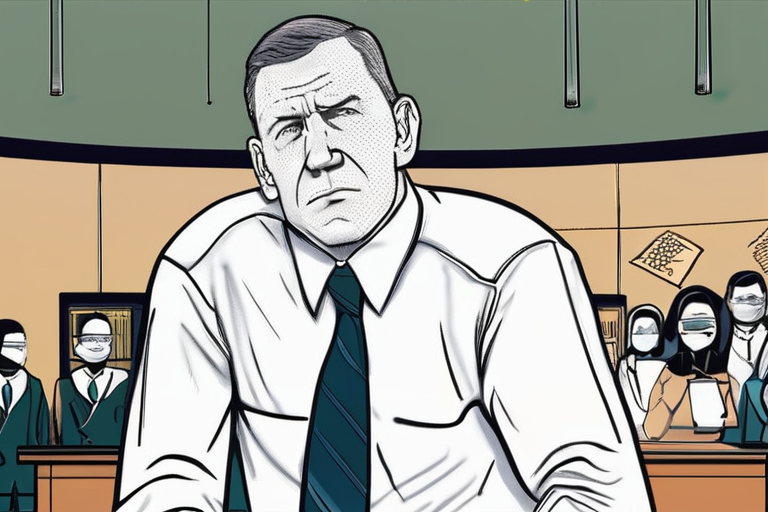

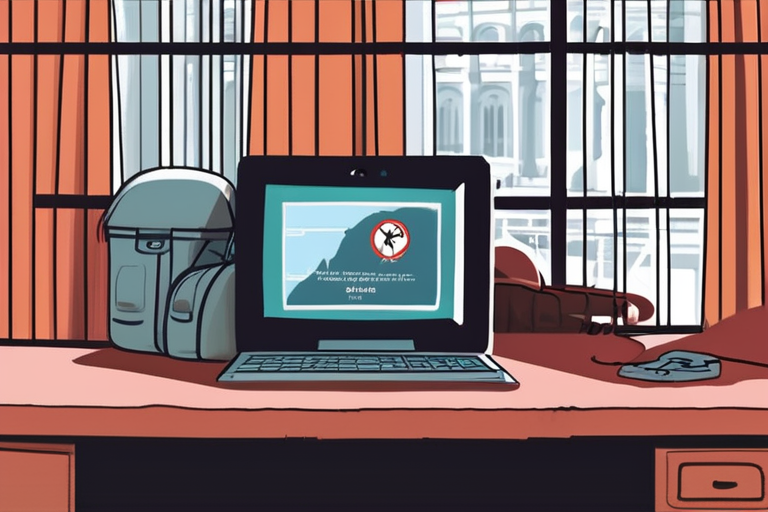


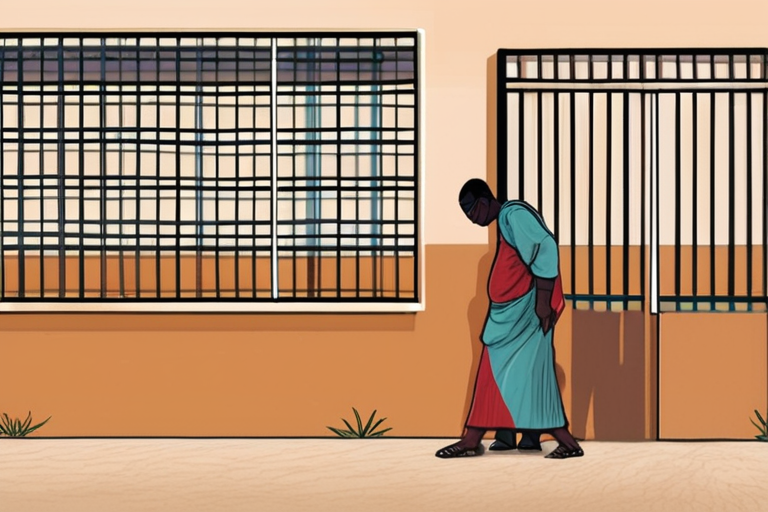

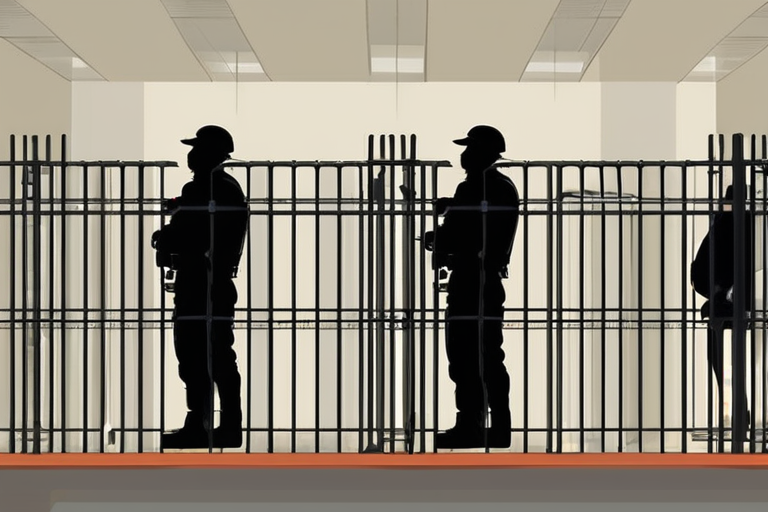
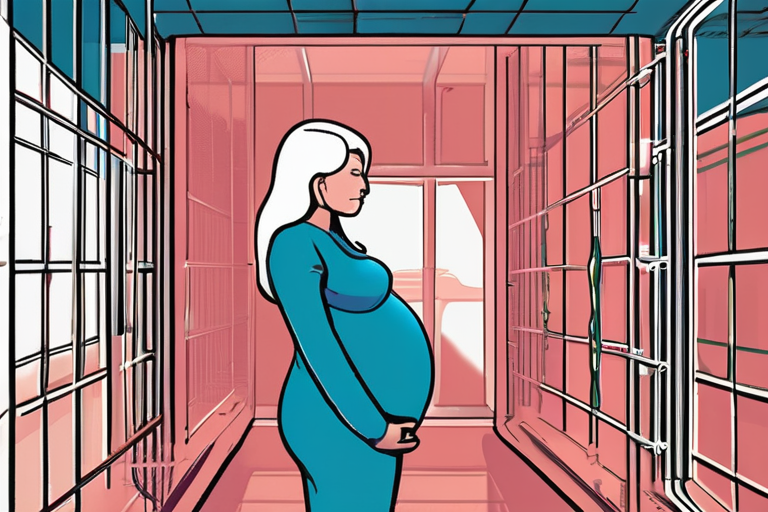




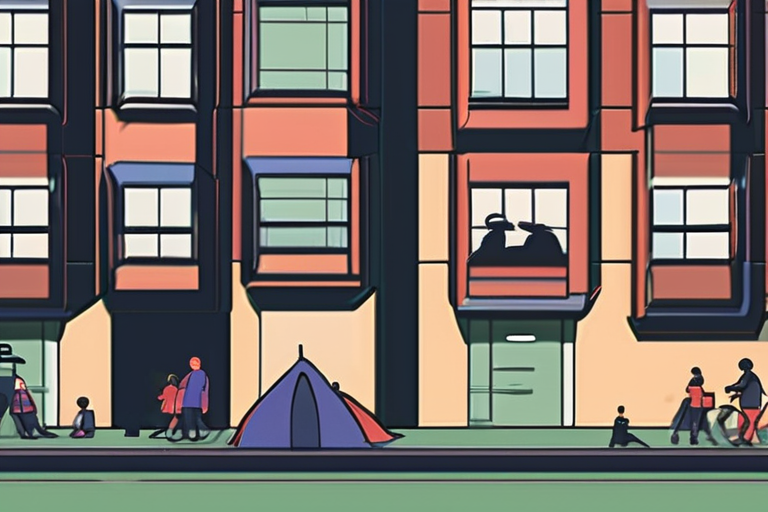



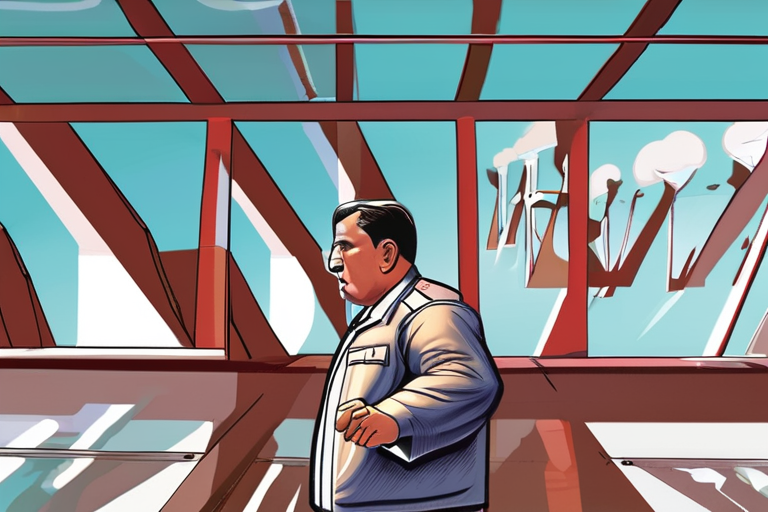
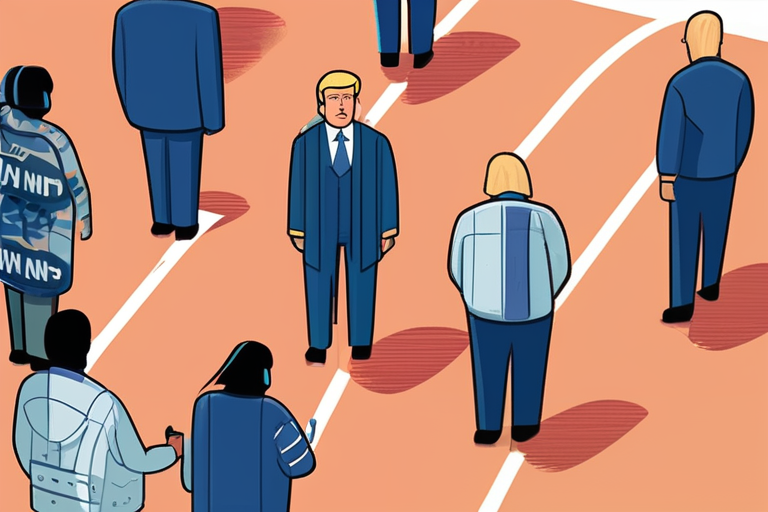
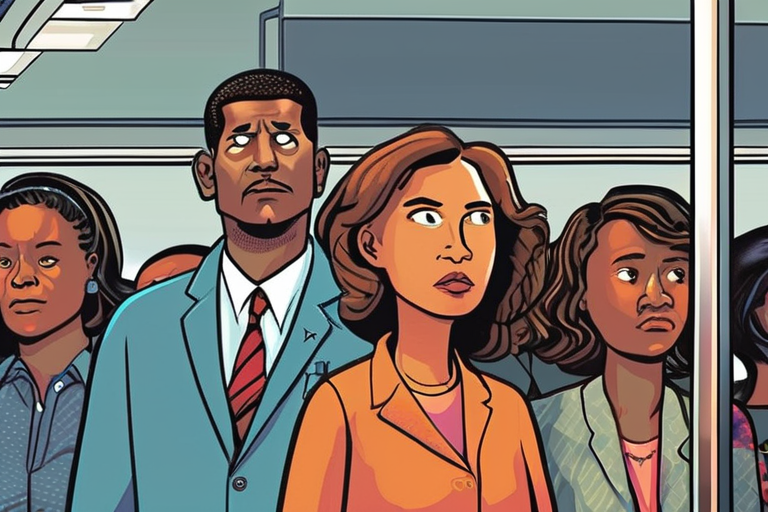
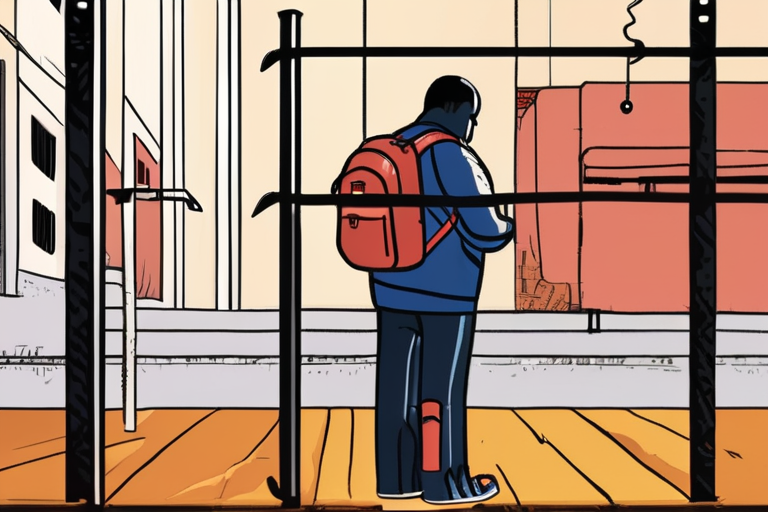
Share & Engage Share
Share this article